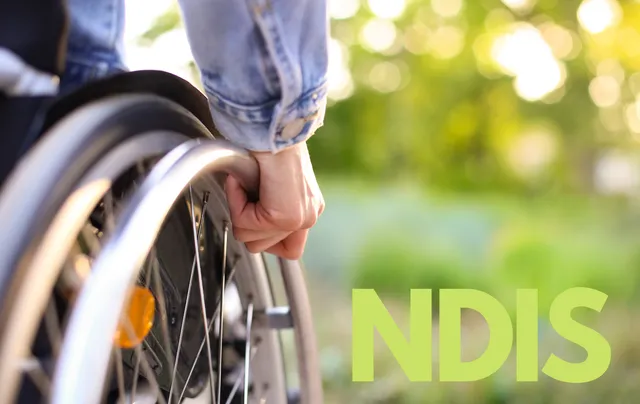
Vaccine-skeptical mothers say bad health care experiences made them distrust the medical system
In recent years, vaccine skepticism has emerged as a significant challenge to public health efforts worldwide. While various factors contribute to this phenomenon, one crucial aspect often overlooked is the relationship between vaccine hesitancy and distrust in the medical system. Particularly, mothers who express skepticism towards vaccines often cite past negative healthcare experiences as a primary reason for their distrust. This essay delves into the narratives of vaccine-skeptical mothers, exploring how their encounters with the medical system have shaped their attitudes towards vaccination.
The Emergence of Vaccine Skepticism: Vaccine skepticism, characterized by doubts or hesitations regarding the safety and efficacy of vaccines, has gained traction in the public sphere. Despite overwhelming scientific evidence supporting the benefits of vaccination, a growing number of individuals, including parents, express reservations about immunization. Within this demographic, mothers play a pivotal role in vaccination decisions for their children, making their perspectives particularly significant.
The Role of Trust in Healthcare: Trust in the medical system is fundamental to public health initiatives, including vaccination campaigns. When individuals trust healthcare providers and institutions, they are more likely to adhere to medical recommendations, including vaccination. However, trust is fragile and can be easily undermined by negative experiences within the healthcare system.
The Voices of Vaccine-Skeptical Mothers: Many vaccine-skeptical mothers recount experiences within the medical system that have eroded their trust and contributed to their skepticism towards vaccines. These experiences often involve perceived dismissiveness, lack of empathy, or instances of medical error. For some mothers, these encounters have led to profound disillusionment with mainstream medicine, prompting them to seek alternative sources of information and treatment.
Narratives of Distrust: One common theme among vaccine-skeptical mothers is the feeling of being unheard or marginalized by healthcare providers. Some recount instances where their concerns about their child’s health were dismissed or minimized, leaving them feeling invalidated and powerless. These experiences sow seeds of doubt regarding the motives and competence of medical professionals, fostering skepticism towards medical recommendations such as vaccination.
Perceived Medical Errors: Instances of perceived medical errors further contribute to distrust in the medical system among vaccine-skeptical mothers. Whether real or perceived, experiences of misdiagnosis, adverse reactions to medications, or other forms of medical mishaps can deeply impact an individual’s perception of healthcare providers’ competence and reliability. Such experiences may lead mothers to question the safety and necessity of vaccines, fearing similar mistakes may occur.
Cultural and Socioeconomic Factors: It’s essential to acknowledge that vaccine skepticism and distrust in the medical system are influenced by cultural and socioeconomic factors. Marginalized communities, already facing systemic barriers to healthcare access, may harbor heightened levels of distrust due to historical injustices and disparities in healthcare delivery. Additionally, cultural beliefs and norms surrounding health and wellness play a significant role in shaping attitudes towards vaccination and healthcare in general.
Seeking Alternative Information Sources: In response to their distrust in the medical system, vaccine-skeptical mothers often turn to alternative information sources, such as online forums, social media groups, or holistic health practitioners. These sources may provide a sense of validation and empowerment, offering narratives that align with their experiences and beliefs. However, they may also perpetuate misinformation and conspiracy theories, further entrenching vaccine hesitancy.
Addressing Distrust: Efforts to address vaccine skepticism must acknowledge and actively work to rebuild trust in the medical system. This entails fostering open communication, cultural humility, and empathy within healthcare settings. Providers must listen attentively to patients’ concerns, validate their experiences, and engage in transparent discussions about the benefits and risks of vaccination. Additionally, initiatives aimed at addressing systemic inequalities in healthcare access and delivery are essential to mitigating distrust among marginalized communities.
Conclusion: The narratives of vaccine-skeptical mothers highlight the complex interplay between individual experiences within the medical system and broader attitudes towards vaccination. Distrust in healthcare providers and institutions, often stemming from negative encounters, can significantly impact vaccination decisions and public health outcomes. As we strive to address vaccine hesitancy, it is imperative to recognize the validity of these experiences and work towards rebuilding trust through compassionate, patient-centered care and equitable healthcare practices.

